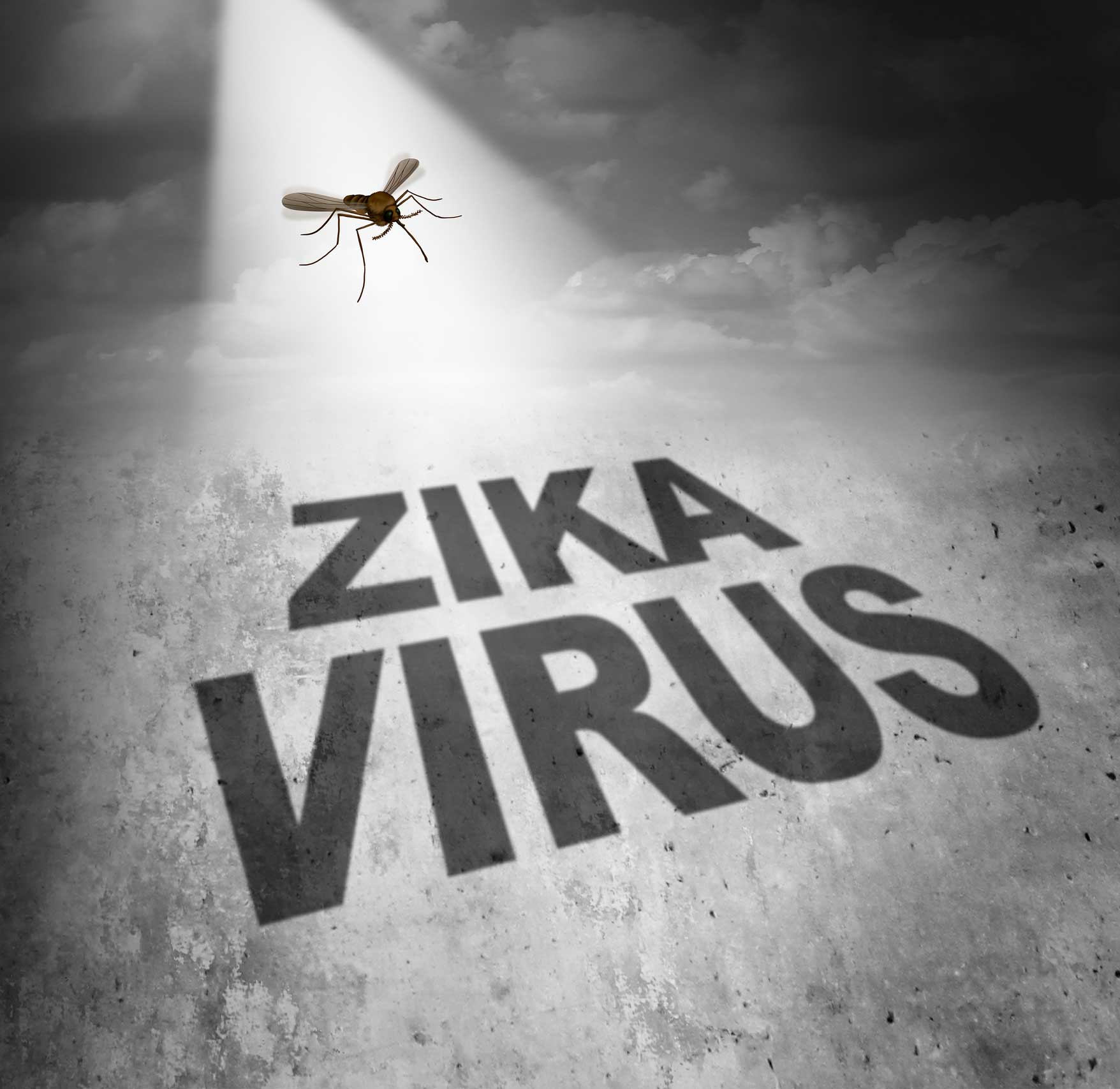Zika has somehow become the nobody-cares virus, with a recent Gallup poll indicating close to 90 percent of Americans believe it’s unlikely they will become infected.

They’re probably right, assuming they don’t travel to one of the 62 countries The World Health Organization has designated as areas with active Zika transmission, aren’t pregnant (or become pregnant) when they travel there and don’t have sexual contact with someone infected with the virus.
Pregnant women, in particular, should not be so cavalier about Zika and traveling into Zika territory. The mosquito-borne virus can cause nervous-system malformations in newborns whose mothers have been infected during pregnancy.
“I tell women who are pregnant to avoid travel to areas with Zika,” says Dr. Virginia Bieluch, an infectious disease specialist at The Hospital of Central Connecticut. “If a male or his partner is considering conception, nonessential travel to areas with Zika should be avoided. I also advise travelers and their sexual partners to use protection after returning from travel to areas with Zika.”
Among Connecticut residents, six pregnant women have tested positive for Zika and 42 pregnant women have tested positive for Flaviviruses — Zika is one of several Flaviviruses — since the state Department of Public Health started tracking the virus in February 2016. (DPH last updated the results April 4.) None of the people tested acquired the virus in the state.
The collective exhale over the Zika threat might have been fueled by a misinterpretation of the World Health Organization’s lifting of the international public health emergency in mid-November. The change only represented the organization’s shift to a longer-term approach to controlling the virus, not a reduced concern.
“WHO is acknowledging that Zika is here with us to stay,” says Dr. Bieluch.
But the possibility that a surge in Zika-related birth defects in Brazil in 2015 — when thousands of babies were born with brain damage and abnormally small heads, a condition known as microcephaly — might portend wider-scale catastrophic effects of the virus in 2016 did not materialize. The World Health Organization did not report a single case in Brazil last year of microcephaly in newborns infected with the Zika virus. Caution remains, however, for travel to Brazil, Mexico, Puerto Rico, the Bahamas, the Caribbean — in all, 62 countries — and, closer to home, Miami-Dade County in Florida, which the CDC identified as a potential risk of Zika transmission as recently as March 13.
The CDC says 5,182 Zika virus cases were reported in the United States through March 29 since data was first collected in 2015. Cases in U.S. territories, among them Puerto Rico, have reached 38,303.
Dr. Bieluch recommends specific safeguards for those who might have been exposed to the Zika virus either through travel or sexual contact and now wish to attempt conception with their partner. Women, she says, should wait at least eight weeks “from symptom onset or last possible exposure (if asymptomatic).” Men should follow the Centers for Disease Control and Prevention’s recommendations and wait at least six months, even if they’re showing no symptoms — such as fever, rash or conjunctivitis — of the virus.



